Hello everyone!
I am Ramya, a student of MSc in Climate change, agriculture and food security at and supported by the NUI Galway, Ireland through the Max Arthur special merit scholarship. I am presently doing an internship at the IFAD HQ, Rome which will also be the Research project for my masters.
I completed my undergraduate degree at University of Agricultural Sciences, Dharwad, India, with a major in Food science and nutrition. As a part of the curriculum, I had to spend over 5 weeks in a rural setting, where I had incredible experiences which no classrooms could ever teach me. I realized that even though smallholder farmers manage over 80% of the world’s estimated 500 million small farms and provide over 80% of the food consumed in a large part of the developing world, contributing significantly to poverty reduction and food security, they are the most vulnerable population. Making them resilient is the need of the hour, where malnutrition is on the rise, despite the positive economic growth of certain populations. These experiences in my undergraduate study and exposure to the rural farming community triggered my present interest in making smallholder farmers better equipped to face the effects of climate change. 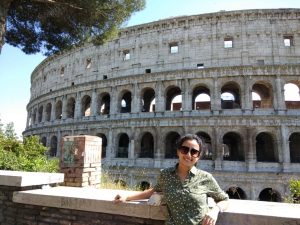
Through this internship at the Environment, Climate, Gender and Social inclusion division of the IFAD, I hope I can understand the situation better and help build a resilient community, one household at a time.
Thank you for stopping by,
Ramya
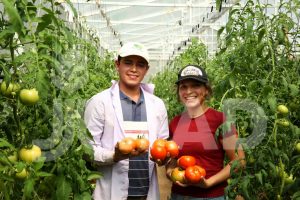
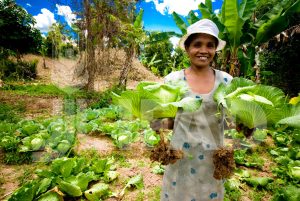

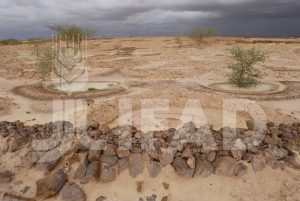
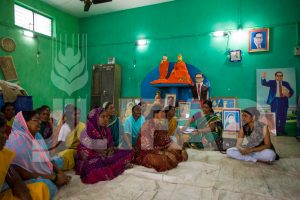
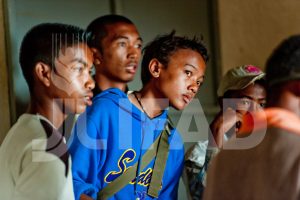
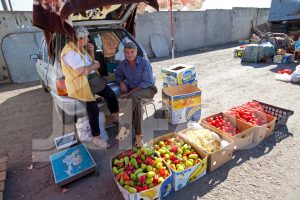
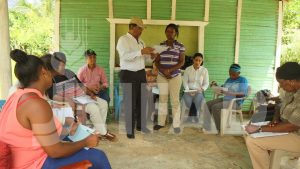
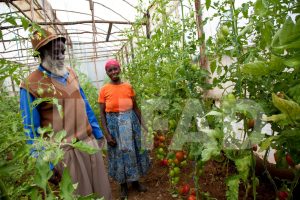

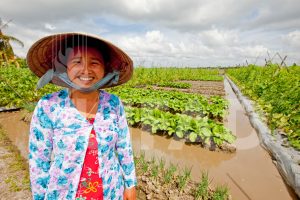

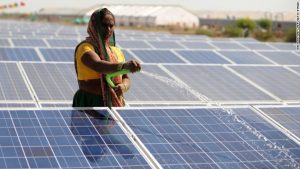 Govt. of India rewards the efforts of CGIAR CCAFS and IWMI in the current financial year budget by making solar panels more accessible to farming community #CleanEnergy #SDGs #GreenIndia
Govt. of India rewards the efforts of CGIAR CCAFS and IWMI in the current financial year budget by making solar panels more accessible to farming community #CleanEnergy #SDGs #GreenIndia